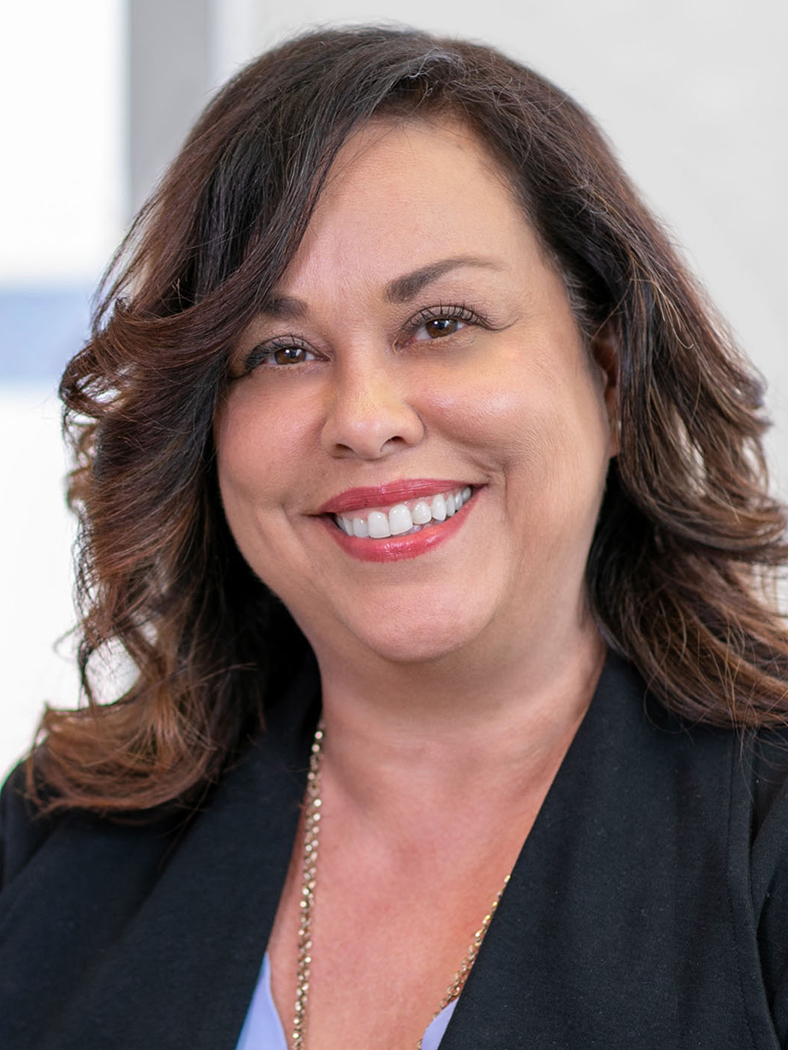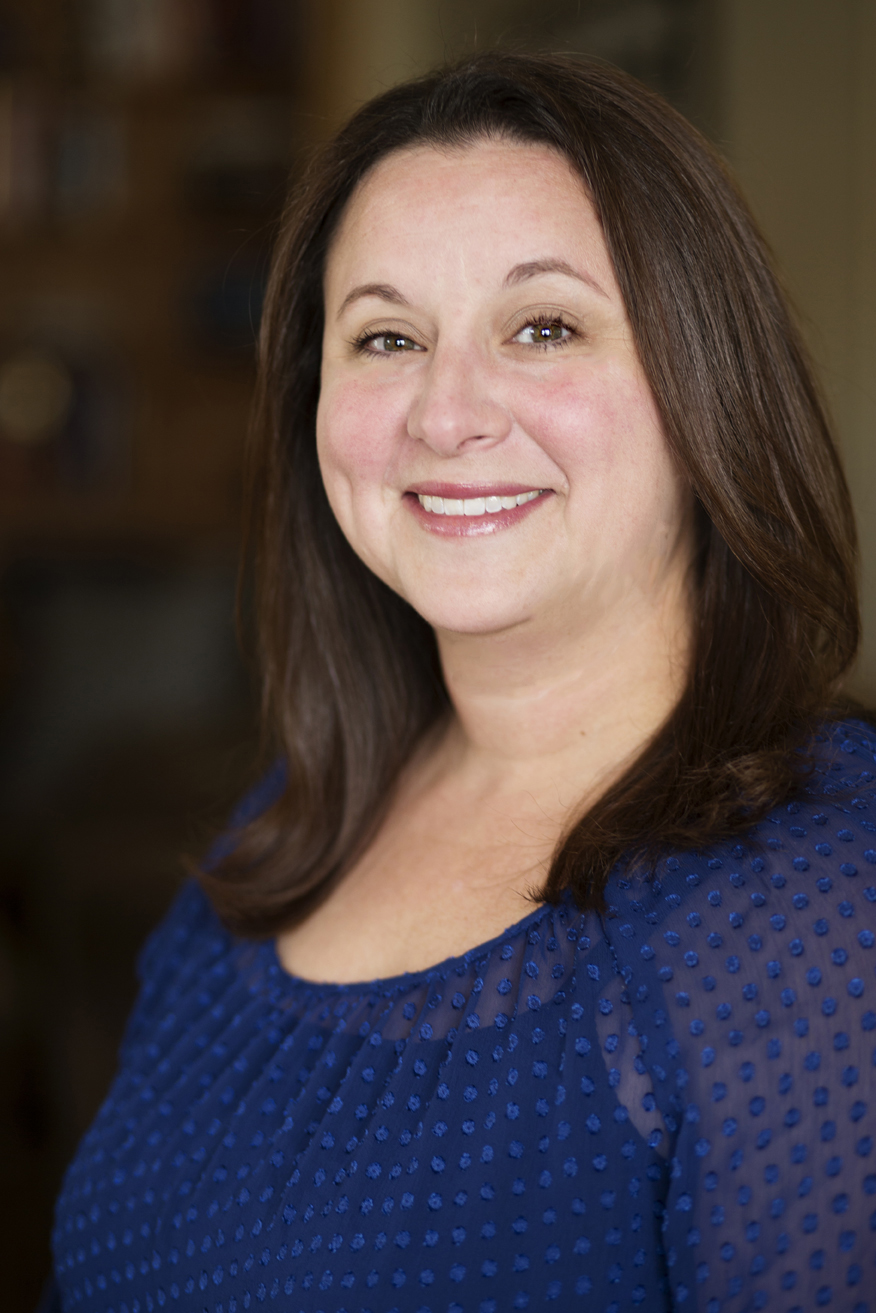Purpose in Planning: Why Addressing Legal and Financial Questions Matters After a Cancer Diagnosis
Recently, Triage Cancer and CancerCare, in collaboration with Eisai Inc., partnered to develop Magnolia Purpose in Planning™, a program that connects people affected by cancer to a library of personal affairs planning resources, all on one website. The program highlights the importance of ensuring those living with cancer, as well as their families and/or caregivers, are equipped with the knowledge and resources they need to make informed decisions.
 In this conversation, Christine Verini, Executive Vice President, CancerCare, and Joanna Morales, CEO, Triage Cancer, discuss why planning is essential for those recently diagnosed with cancer, why some people may avoid it, and steps people can take to prepare for the future.
In this conversation, Christine Verini, Executive Vice President, CancerCare, and Joanna Morales, CEO, Triage Cancer, discuss why planning is essential for those recently diagnosed with cancer, why some people may avoid it, and steps people can take to prepare for the future.
Christine Verini (CV): After a cancer diagnosis prioritizing personal planning may get pushed to the backburner because there are so many things competing for a person’s attention. They may be more focused on finding a doctor, deciding where to go for treatment, and how they will pay their medical bills. But putting one’s affairs in order is a critical piece of the puzzle. From your experience at Triage Cancer, what do you believe is one of the most common challenges people face when it comes to understanding the financial and legal steps they can take after a diagnosis?
 Joanna Morales (JM): Often after a diagnosis, people have to make decisions on a wide array of important and highly sensitive topics quickly and often all at once, some they may not have thought about before, like financial planning and legal considerations. Now, in addition to organizing their affairs they’re forced to become their own subject matter expert so they can better advocate for themselves and make informed decisions.
Joanna Morales (JM): Often after a diagnosis, people have to make decisions on a wide array of important and highly sensitive topics quickly and often all at once, some they may not have thought about before, like financial planning and legal considerations. Now, in addition to organizing their affairs they’re forced to become their own subject matter expert so they can better advocate for themselves and make informed decisions.
One of the biggest challenges is learning how to efficiently sort through all the information coming from many different places and prioritize the steps that should be taken immediately versus what can wait until later. This approach is the exact inspiration for Triage Cancer. Triaging is not something that comes naturally to everyone, but it is something those affected by cancer can learn to apply to their personal affairs planning.
CV: Many people assume that estate planning, wills and other personal planning are strictly end-of-life issues. I’ve also had many conversations with people who think making arrangements means they’re “admitting defeat” to cancer, but that’s not the case at all. Based on your conversations with the cancer community, what are other common misunderstandings about personal affairs planning? What are some of the benefits of proactively planning?
JM: Many people think of estate planning as something they can wait to do until they are older or something that only has to be done by those with a lot of money or property. The reality is every adult over the age of 18 should have an estate plan, cancer diagnosis or not. When I share this, I’m often met with a reaction of shock. it can be a very uncomfortable topic, but it’s something all adults should do. Proactive personal affairs planning is extremely important. Christine, I’m curious, how do you help people in the community through this process and encourage them to prioritize planning?
CV: I often tell people that once they’re able to move past the initial discomfort of personal affairs planning and make their arrangements they’ll likely feel a sense of relief. With personal planning behind them, they may feel more comforted knowing that no matter what the circumstances, their family will be taken care of and secure.
JM: Exactly. Thinking about these decisions and preparing in advance, while difficult, can be extremely empowering; you are taking control and giving yourself the peace of mind that your loved ones will know your wishes. I often encourage people to think of creating an estate plan as an opportunity to express deeply held values and personal preferences.
CV: There is so much information available to the cancer community. People can find just about anything online, but it can also be difficult to navigate and know what is appropriate for their situation. What are some tools/recommendations you have for those living with cancer seeking more information?
JM: There are so many resources out there, it can be overwhelming just to think of them all, let alone know where to start. I often encourage people to look for resources available through patient advocacy groups. Organizations like Triage Cancer and others in the community offer critical information and provide services to help people navigate the available tools. A good resource for those just starting to think about personal affairs planning is MagnoliaPurposeInPlanning.com. The site is designed to help support those affected by cancer plan for the future and houses helpful materials from Triage Cancer and CancerCare. There are a number of important resources available in one location including a personal affairs planning checklist, information on life insurance, estate-planning guides, educational videos, and a calendar highlighting Triage Cancer and CancerCare events.
For more details on the personal planning resources mentioned in this post, please visit MagnoliaPurposeInPlanning.com. To learn more about CancerCare’s case management program, click here.
Magnolia Purpose in Planning™ is a registered trademark of Eisai Inc. CancerCare is a registered trademark of CancerCare, Inc. © 2021 Eisai Inc. All rights reserved. CORP-US3509
